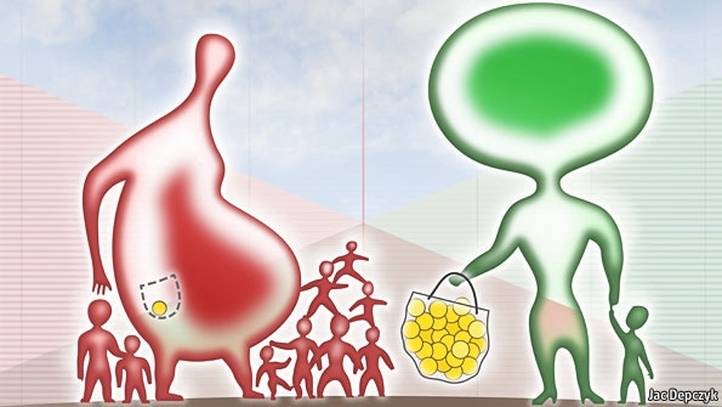Although we were not able to address them in class, the three social problem topics that were assigned for reading this week—"Population and Global Inequality," "Family Life," and "Education"—are very key and vital issues that include many overlapping issues at the core that result in inequalities and injustices. In the same instance, however, there are also opportunities and initiatives that can actually and potentially promote positive social change in addressing these same issues.
For this blog assignment, you are expected to answer the three questions below based on your knowledge/research in the field (with APA references included, as appropriate), as well as your understanding of the relevant Macionis chapters.
For this blog assignment, you are expected to answer the three questions below based on your knowledge/research in the field (with APA references included, as appropriate), as well as your understanding of the relevant Macionis chapters.
- What is your personal understanding of what comprises a family? What has shaped your understanding and perception of family life? Do you believe that your personal views may conflict with others? Why or why not? What are the ways in which notions and concepts of family can both cause be problematic issues as well as pose viable solutions to social problems? Please explain and support your responses to the best of your ability.
- Why are you pursuing your education and what do you plan to do with your educational qualifications? Given the significant rates of educational inequality that exist across and between racial/ethnic/linguistic groups, gender-based groups, and income/class levels in the U.S., as well as in other parts of the world, do you think that transforming education is the best solution in addressing the various inequalities that exist? If so, how so? If not, what's the alternative and why? What can you do at the individual level by your utilizing your own education for promoting social transformation? Please explain and support your responses to the best of your ability.
- Global inequality is a quite broad and generalized statement to make, because it can encompass a number of social problems and issues at much more complex levels. Nevertheless, it also implies that inequalities and injustices not only exist within countries/territories, but between them as well. Choose a sociological perspective and an accompanying theory from the chapter to explain how global inequality is perceived and addressed. Do you agree or disagree with this perspective and theoretical approach? Please explain and support your responses to the best of your ability.
***Your response (blog post) to this blog above is required by Monday, December 24, 2012 at 11:59 p.m.
Responses to your classmates will NOT be required for this blog post.***
Responses to your classmates will NOT be required for this blog post.***

 RSS Feed
RSS Feed